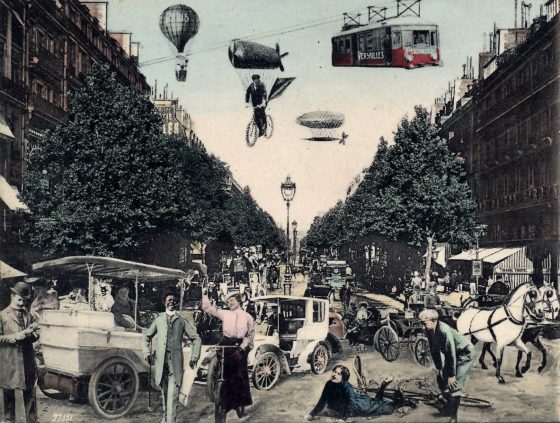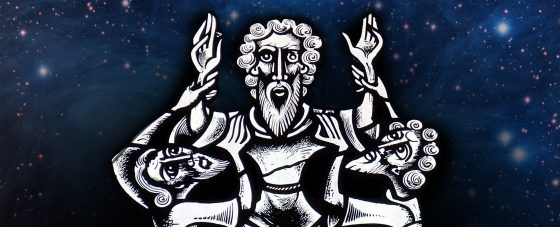
The oddness of invisible threat is very unsettling but oddly familiar. If we think back on our lives, we all had periods of time when we were forced into isolation. I can personally think of several. I will list them chronologically. I was five years old when I noticed a bunch of kids playing together in our neighborhood “dvor” — a Russian word of a shared public space created by an apartment building complex that surrounded a little square of green space including a playground. I wasn’t a particularly social kid, but I liked playing jumping rope games and wanted IN. I begged my parents to let me go to a local Kindergarten. Such institutions were set up after WWII all over Russia. The idea was to help single women work and have kids — there were very few men left after the war, “the state was the father.” In my family, we had grandparents living with us, and so it wasn’t necessary to send me away. But I wanted it, got to go…for about two weeks. It was horrible! I had to drink castor oil by a tablespoon and other atrocities. I promptly accused my parents of not loving…






